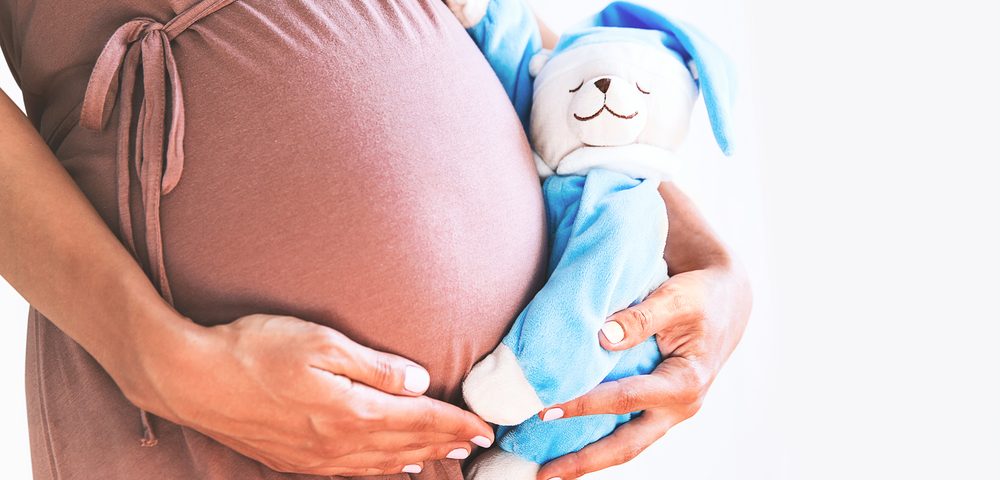Women who have given birth have a higher risk of developing breast cancer, a risk that can persist for more than 20 years after childbirth, compared with women of the same age who never had a child, a study finds.
The study, “Breast Cancer Risk After Recent Childbirth: A Pooled Analysis of 15 Prospective Studies,” were published in Annals of Internal Medicine.
Childbirth is widely recognized as protective against breast cancer. However, previous studies have shown that breast cancer risk may increase shortly after a woman has given birth, especially in women who have their first child when they are older. According to this research, the increased risk can last 10 years or longer.
At this point, it is still unclear whether this greater risk might also be influenced by breastfeeding, family history of breast cancer, or even the type of tumor.
In this study, researchers pooled data from 15 prospective cohort studies to assess breast cancer risk shortly after childbirth.
These studies, part of the Premenopausal Breast Cancer Collaborative Group — a collaborative project of 20 prospective cohort studies — contained the medical records of women younger than 55 who had not been diagnosed with breast cancer before enrollment.
During an average follow-up period of 10.8 years, a total of 18,826 cases of breast cancer were diagnosed among the 889,944 participants.
The pooled data showed that women who had given birth were more likely to develop breast cancer, reaching a maximum peak around five years after birth, than women who were childless. Remarkably, this increased risk lasted approximately 24 years.
Analysis also showed that the higher breast cancer risk was associated with both estrogen receptor-positive and estrogen receptor-negative tumors. This risk was higher when combined with a family history of breast cancer, or in women who were either older when they had their first child or had several children.
Breastfeeding did not affect the overall risk of developing breast cancer shortly after childbirth.
“We report an increased risk for breast cancer after childbirth that can last more than 20 years. This risk may be enhanced when a woman is older at first birth, [had more than one child], or has a family history of breast cancer, and it is not mitigated by breastfeeding,” the researchers wrote. “Women and health care professionals should take these factors into account when considering individual risk profiles for breast cancer.”

